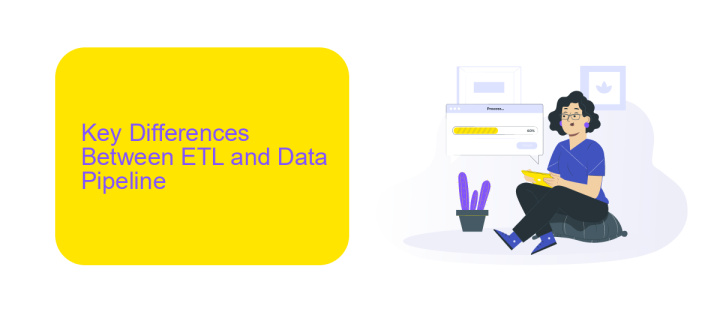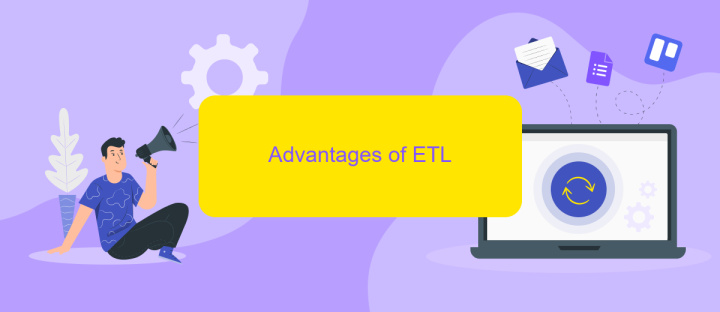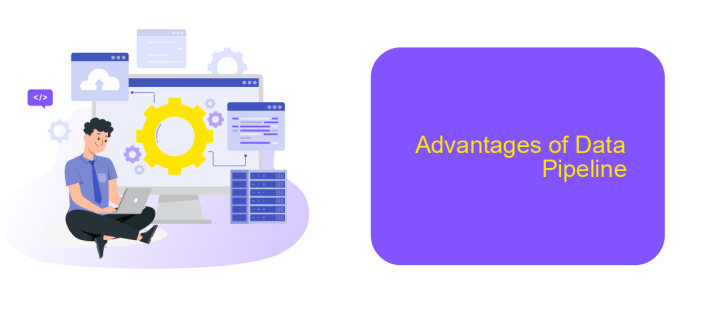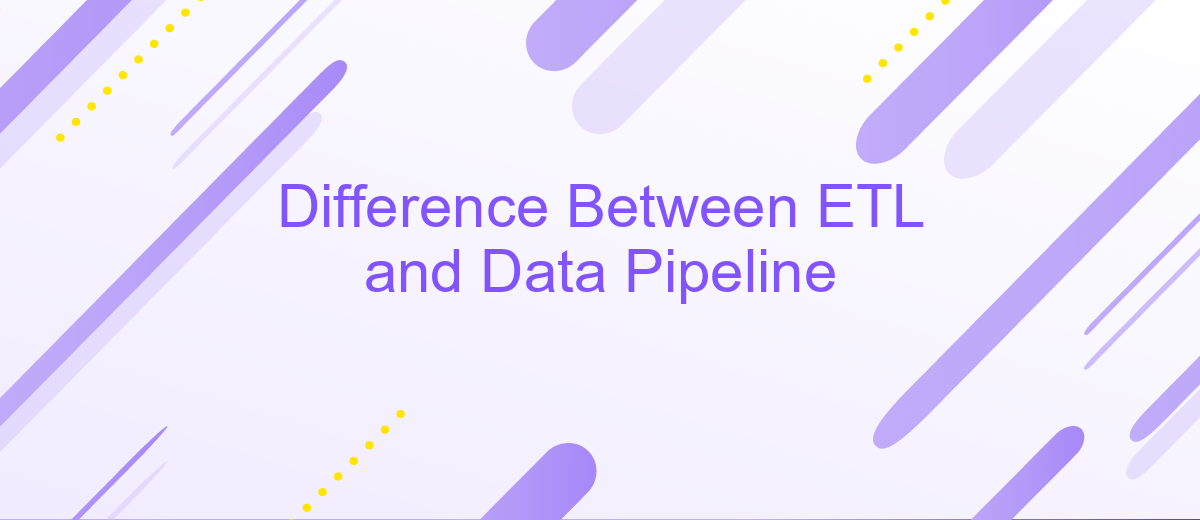Difference Between ETL and Data Pipeline
In the world of data management, understanding the distinctions between ETL (Extract, Transform, Load) and data pipelines is crucial. While both are integral to processing and transferring data, they serve different purposes and offer unique functionalities. This article delves into the key differences between ETL and data pipelines, helping you choose the right approach for your data needs.
Definition of ETL and Data Pipeline
ETL stands for Extract, Transform, Load. It is a process used in data warehousing to extract data from various sources, transform it into a suitable format, and load it into a target database or data warehouse. ETL processes are crucial for consolidating data from different systems and making it available for analysis and reporting.
- Extract: Collecting data from multiple sources, such as databases, APIs, and flat files.
- Transform: Converting the extracted data into a suitable format or structure, which may involve cleaning, filtering, and aggregating the data.
- Load: Importing the transformed data into a target system, such as a data warehouse or a database.
A Data Pipeline, on the other hand, is a broader concept that encompasses the entire workflow of data processing, from data ingestion to data storage and analysis. It includes ETL processes but also covers additional tasks such as data validation, monitoring, and integration with other systems. Services like ApiX-Drive can help automate and manage data pipelines by providing tools for seamless integration and data flow between various platforms.
Key Differences Between ETL and Data Pipeline

ETL (Extract, Transform, Load) is a specific process designed to extract data from various sources, transform it into a suitable format, and load it into a data warehouse or database. This process is typically batch-oriented, meaning it operates on large volumes of data at scheduled intervals. ETL is highly structured and requires predefined schemas and transformations, making it ideal for complex data warehousing needs where data consistency and integrity are paramount.
On the other hand, a Data Pipeline encompasses a broader range of data processing activities beyond just ETL. It can include real-time data streaming, data integration, and various forms of data processing and analytics. Data Pipelines are more flexible and can handle both batch and real-time data flows. Services like ApiX-Drive facilitate the creation and management of data pipelines by offering easy-to-use tools for integrating different data sources and automating workflows, making it accessible for businesses to adapt to diverse data processing needs without extensive technical expertise.
Advantages of ETL

ETL (Extract, Transform, Load) processes offer a range of advantages for data management and integration, making them a popular choice for businesses looking to streamline their data workflows.
- Data Quality: ETL processes ensure high data quality by cleansing and transforming raw data before loading it into the target system.
- Efficiency: Automated ETL workflows save time and reduce manual errors, making data integration more efficient.
- Scalability: ETL tools can handle large volumes of data, allowing businesses to scale their operations seamlessly.
- Compliance: ETL processes help maintain compliance with data governance standards by ensuring that data is accurate and consistent.
- Integration: Services like ApiX-Drive can be used to set up ETL processes easily, enabling seamless integration between various data sources and destinations.
By leveraging ETL processes, organizations can ensure that their data is accurate, consistent, and ready for analysis. This not only enhances decision-making but also supports business growth by providing reliable data insights.
Advantages of Data Pipeline

Data pipelines offer numerous advantages for managing and processing large volumes of data efficiently. They provide a streamlined way to automate data workflows, ensuring that data is consistently moved, transformed, and stored without manual intervention. This automation reduces the risk of human error and enhances data accuracy.
Another significant benefit of data pipelines is their scalability. As data volumes grow, data pipelines can be scaled to handle increased loads without compromising performance. This makes them ideal for businesses experiencing rapid growth or those dealing with large datasets.
- Automation of data workflows
- Enhanced data accuracy
- Scalability to handle large data volumes
- Improved data integration
- Real-time data processing capabilities
Data pipelines also facilitate better data integration across various systems and platforms. Services like ApiX-Drive can simplify the process of setting up these integrations, allowing businesses to connect their data sources seamlessly. This leads to more cohesive data management and real-time insights, which are crucial for informed decision-making.
- Automate the work of an online store or landing
- Empower through integration
- Don't spend money on programmers and integrators
- Save time by automating routine tasks
Choosing Between ETL and Data Pipeline
When deciding between ETL and a data pipeline, it is crucial to consider the specific needs of your data processes. ETL, which stands for Extract, Transform, Load, is ideal for scenarios requiring complex data transformations and structured data storage. It is well-suited for traditional data warehousing where data integrity and consistency are paramount. On the other hand, data pipelines are more flexible and can handle real-time data streaming, making them suitable for modern, scalable applications that require immediate insights and actions.
Another key factor is the ease of integration with existing systems. Services like ApiX-Drive can simplify the setup of data pipelines by providing user-friendly interfaces and automated workflows. This can be particularly advantageous for businesses that need to integrate multiple data sources quickly and efficiently. Ultimately, the choice between ETL and data pipelines depends on your specific data requirements, the complexity of data transformations, and the need for real-time data processing.
FAQ
What is the primary difference between ETL and a Data Pipeline?
Can ETL be considered a subset of Data Pipelines?
When should I use ETL instead of other types of Data Pipelines?
Can I automate the ETL process or a Data Pipeline?
What are the common challenges associated with ETL and Data Pipelines?
Apix-Drive is a simple and efficient system connector that will help you automate routine tasks and optimize business processes. You can save time and money, direct these resources to more important purposes. Test ApiX-Drive and make sure that this tool will relieve your employees and after 5 minutes of settings your business will start working faster.


